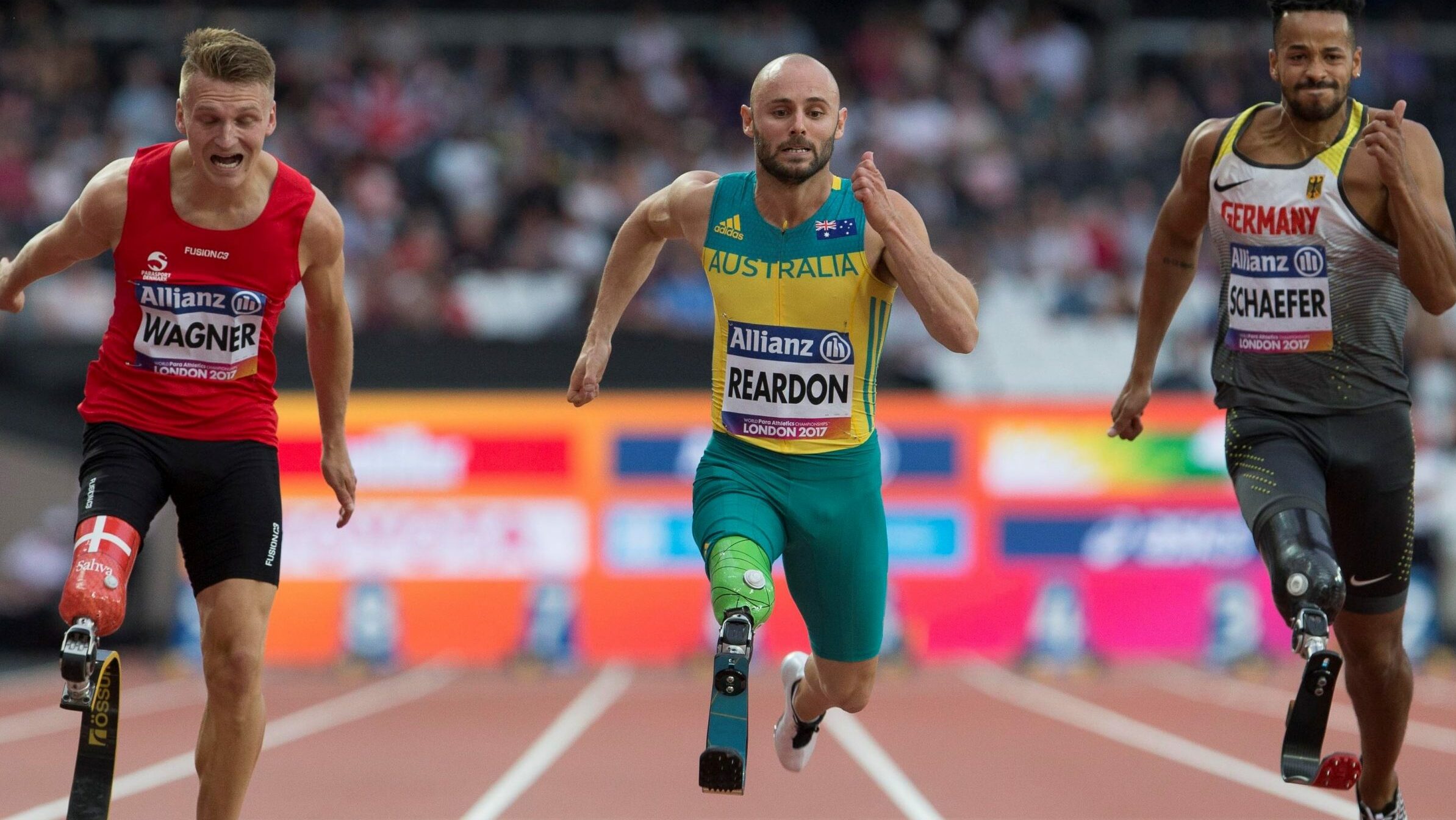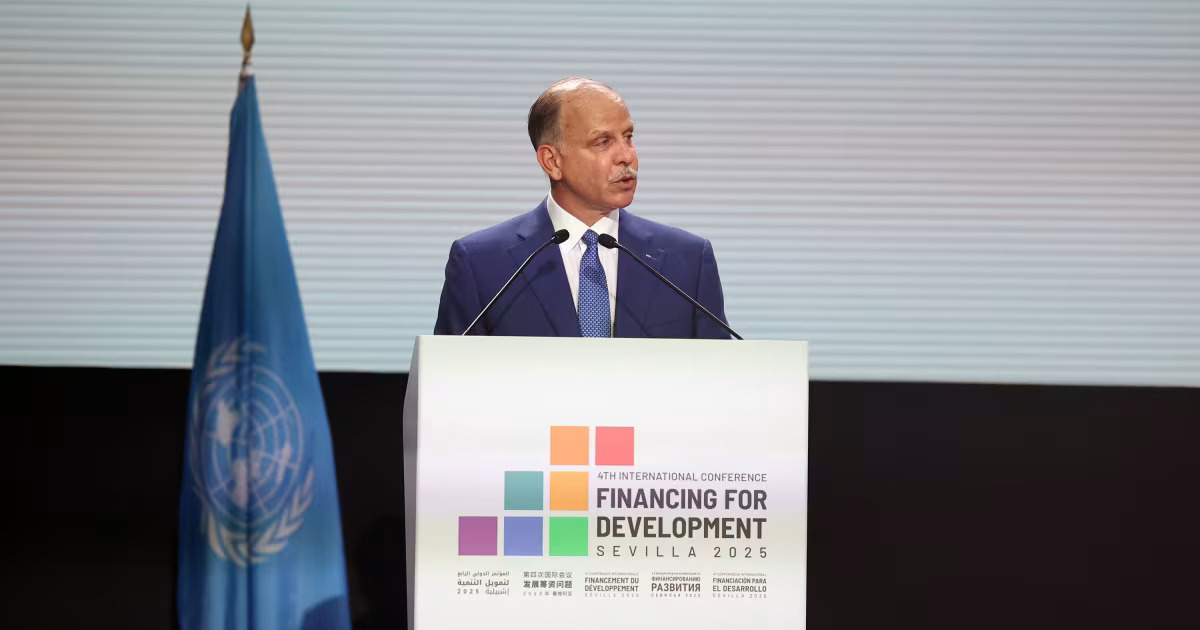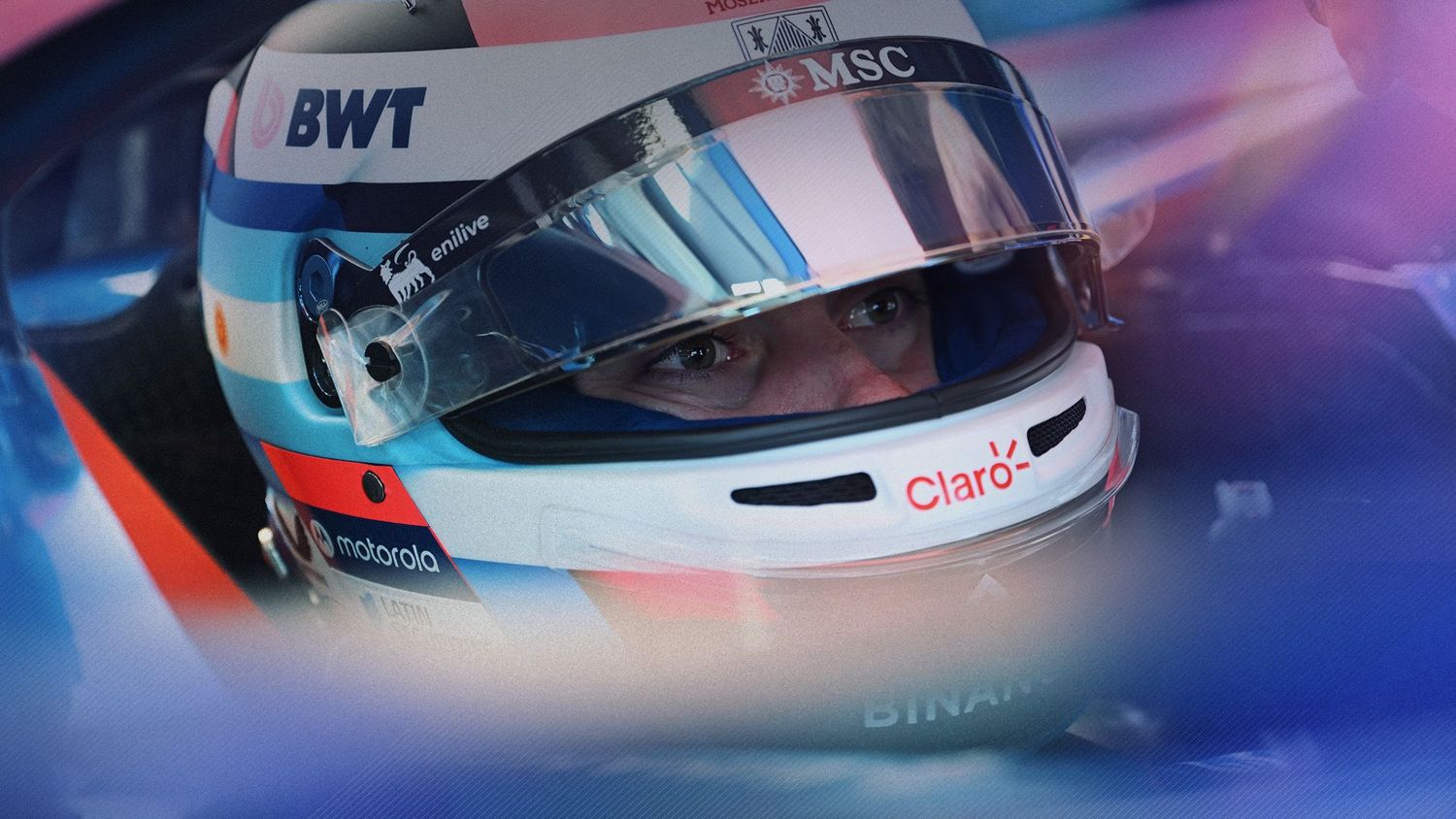Australian Sprinter, Scott Reardon, has spoken out about the lack of cash bonuses for Paralympic medalists, saying that it is not conducive at all to be the best Paralympian in the world.
The Australian Olympic Committee offered a cash prize to Olympic medalists of $20,000, $15,000 and $10,000 for gold, silver and bronze winners.
The Australian Paralympic gold medalists will reportedly receive nothing.
Physical Disability Council of NSW chief executive, Serena Ovens, says that as a nation we “prize our Olympians but still don’t think our Paralympians have attained the same sort of elite level.”
“Paralympians work as hard, if not harder, to get to where they’re at to compete for their country,” Ovens said.
In 2018 the US Olympic & Paralympic Committee announced US Paralympians would receive the same medal cash bonuses as Olympians at the Tokyo Games.
However, the same progression has not been made across the globe.
Canada also does not give cash prizes to medal-winning Paralympians, while the host country Japan gives it’s gold medallist $25,000 less than their able-bodied counterparts.
Australian sprinter, Scott Reardon, who was named Australia’s 2016 male Paralympian of the year, and claimed gold in his 100m sprint class at the 2016 Rio Games in record time, spoke out about the pay gap.
Reardon told SBS: “In a perfect world, we would have equality across the board – in men’s sport, women’s sport, para-sport.”
“But the reality is we are treated differently, and we lag behind.
“There’s a lot of para-athletes who simply don’t make much money, who have to work full-time and be a full-time athlete at the same time.
“It’s not conducive at all to be the best in the world,” the sprinter told SBS.
SBS reported that the Australian Institute of Sport offers means-tested grants to both Olympians and Paralympians, and $50.6 million federal funding of “high-performance grants” for both teams.
However, Readorn argues that this financial support is not enough, with many Paralympians also without sponsors and commercial agreements as a means to make money.
“I think that needs to change,” Reardon told SBS.
“With it being on commercial television, the bigger the audience that we have, the more businesses and people with money will realise that it’s an investment and a platform for them to advertise.
“Maybe then we can achieve equality,” Reardon concluded.
Now, other Olympic athletes are joining the equal prize money fight, with gold medal winner and AFLW player, Chloe Dalton, setting up a fundraising page for Australian para-athletes currently in Tokyo.
In only one day of her fundraising page being active, Dalton has raised close to $12,000, with a $100,000 goal.
The money will be split evenly among Australia’s medal winners at the Paralympic Games in Tokyo.
Paralympic Australia chief executive, Lynne Anderson, has since said that they agree their Paralympians should receive the same equity of recognition, attributing the problem to their lack of funding program.
However, Anderson says this is something the PA will, “look at again after the Tokyo Games.”







